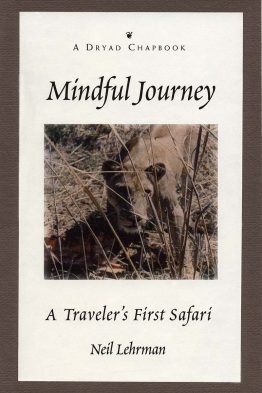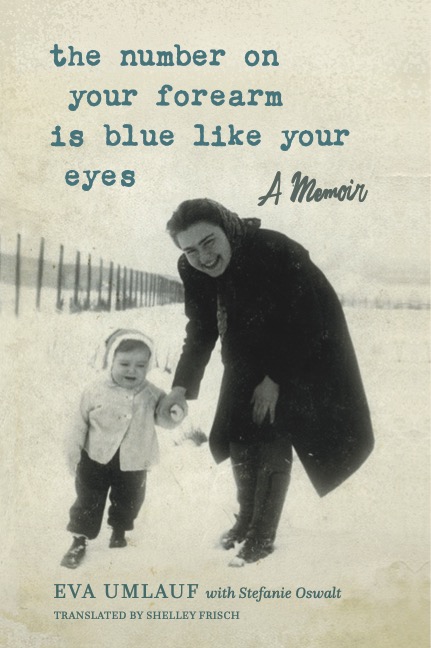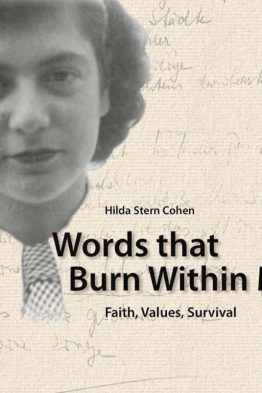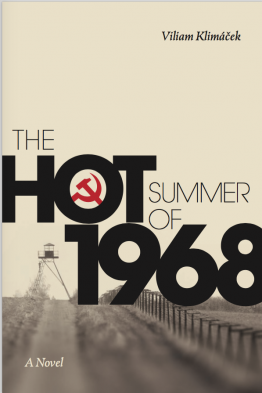Description
This semiautobiographical novel by Herman Taube is set in Uzbekistan during World War II – the protagonist Volodia Tarko, a Jewish medic raised by devout grandparents in Lodz, Poland, is forced to abandon a life on the eve of WWII. Taube’s story telling dramatizes the wrenching physical tribulations that refugees endured and at the same times gives us a moving account of the lonely triumphs of a man’s better nature. Volodia’s assignment to the remote outpost of Kyzyl Kishlak, an out-of-the-way Uzbekistan village, brings him into contact with Jewish and Gentile refugees who are trapped between the Nazis and Soviet Communists. He would have preferred to be a noble hero at the front but instead performs his duties with remarkable compassion. Taube’s wealth of detail is extraordinary: the bleakness of poverty in this frontier in Central Asia crowded with refugees from all over Europe who are dying of malaria and malnutrition is contrasted with the physical beauty of the region.
“A major work of humanitarian proportion: the struggles reported bear comparison to the refugee crises in the world today.” Library Journal
Herman Taube is the author of twenty books of poetry and fiction, among them Between the Shadows: New & Selected Works, Autumn Travels, Devious Paths (essays on Yiddish writers, stories and poems), Looking Back, Going Forward: New & Selected Poems, and the novel My Baltimore Landsmen. He has been a news writer in Baltimore for the Jewish Daily Forward and columnist for The Washington Jewish Week. He is the co-founder and president of The New Americans Organization of Holocaust Survivors in Baltimore and founder of Club Shalom, an organization of Washington area Holocaust Survivors. A graduate of American University with an M.A. in Literature and Creative Writing, he has lectured widely on Yiddish Literature, World War II and the Holocaust at The American University, and colleges and schools in the Washington area.
Looking Back, Going Forward:
New and Selected Poems
Foreword to One Who Came Back





